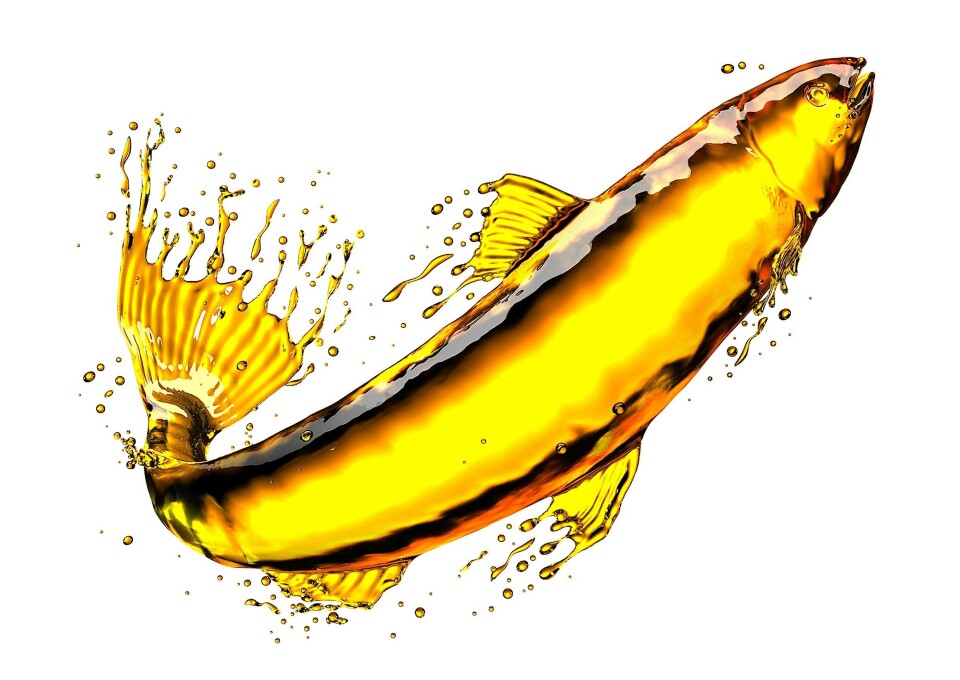
Chile ‘moving towards salmon feeds without fish oil’
Several feeds made without fish oil will be available to Chilean salmon farmers within the next two years, the president of salmon producers’ organisation SalmonChile has promised.
Arturo Clément gave the assurance at an international seminar, “Mining, aquaculture and fruit growing: keys to productivity”.
Clément said there will be several salmon diets in Chile that will be free of fish oil but maintain the levels of omega 3 in the fish, as the industry continues migrating towards feed without marine ingredients.

Forefront of sustainability
This is in addition to the fact that, at present, there are already diets that allow fish farmers to reduce or replace the fishmeal in the food of salmonids. “By 2030 the demand for this aquaculture product will double and our industry will be at the forefront of sustainability,” Clément said.
Today 0.73 kilos of fish are used per kilo of salmon produced by the Chilean industry, said the SalmonChile president. That equates to between 10% and 20% of marine ingredients in the total diet of the salmon.
“To date, there are diets with less than 5% of marine ingredients in the national salmon farming, but not totally free of these,” he added.
According to the latest report of the Global Salmon Initiative, the use of fishmeal and fish oil as ingredients for salmon feed decreased during 2018, if the average of the 10 Chilean member companies of the GSI is considered.
Marketing tool
“It will depend on the strategy of each company when there would be zero use of marine ingredients in Chilean salmon farming, but the reality is that it will progressively migrate towards this more sustainable way of doing things,” Clément told Fish Farming Expert’s Chilean sister site, Salmonexpert.
Clément said that it is not only a way to raise the sustainability of Chilean salmon farming, “but it is also an excellent marketing tool in international markets, which could increase the consumption of our great product if the use of marine ingredients in diets continues to decrease”.
He named Veramaris, Corbion - which has an association with BioMar in Chile - and Cargill as some of the companies that are making progress in replacing fish oil-derived omega 3 with sustainable alternatives necessary for the proper development of salmonids.























































